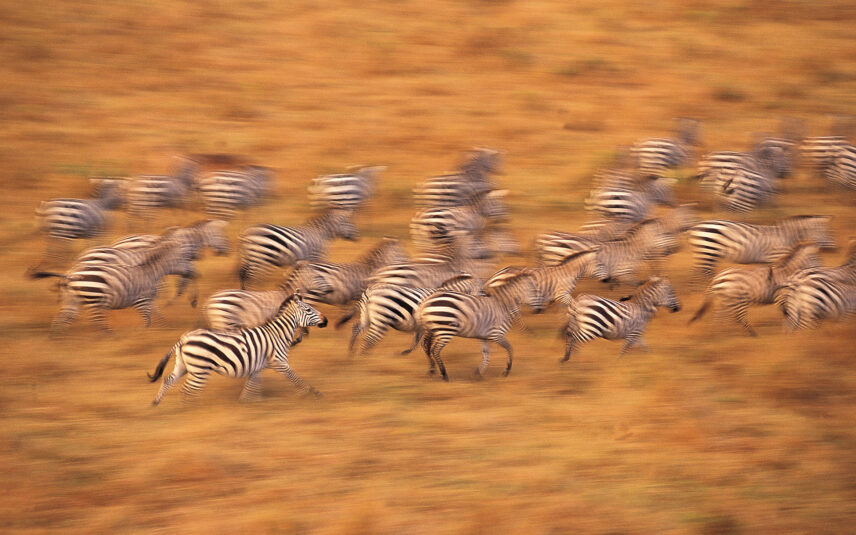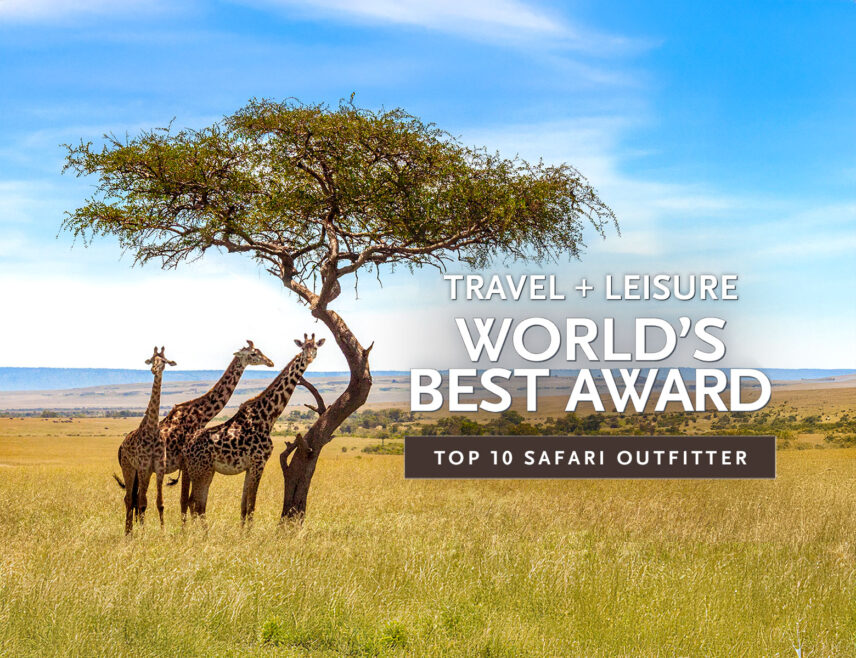
Jul 08, 2025
Voted a “World’s Best” African Safari Outfitter by Travel + Leisure in 2025
We’re thrilled to announce that Thomson Safaris has once again been named one of the World’s Best African Safari Outfitters by Travel + Leisure readers in its prestigious 2025 World’s Best Awards…
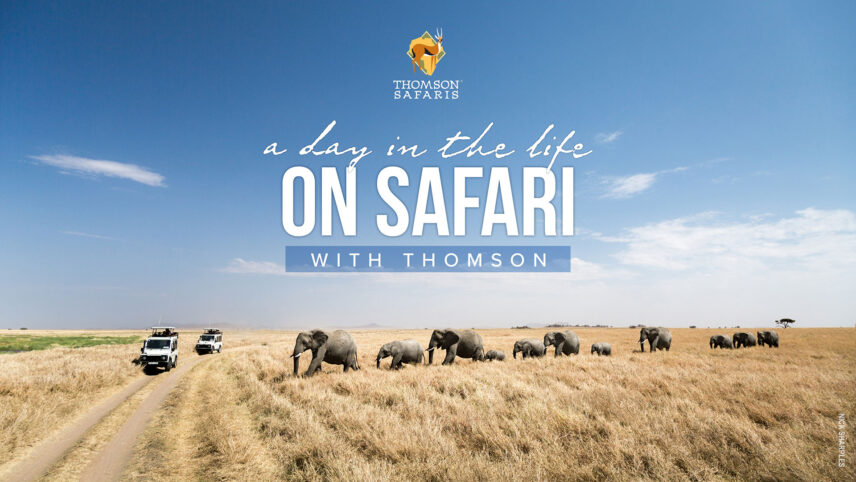
Jul 01, 2025
A Day in the Life on Safari [Webinar]
Ever wondered what it’s really like to be on safari in Tanzania? From the thrill of early morning wildlife drives to the quiet magic of evenings around the campfire,…
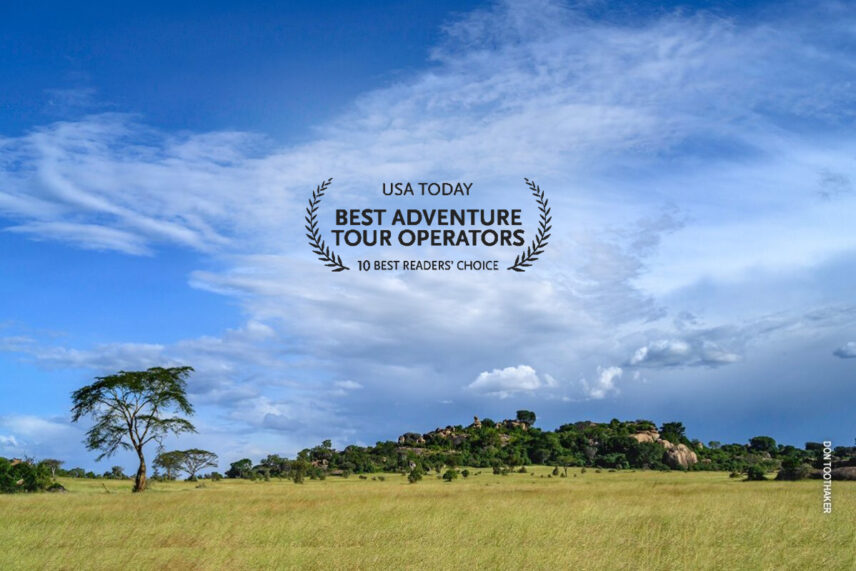
Jun 23, 2025
Top Adventure Tour Operator: 3 Years on USA Today’s 10Best List
We’re honored to share that Thomson has been named one of USA Today’s 10Best Adventure Tour Operators for the third year in a row! That’s 2023,…
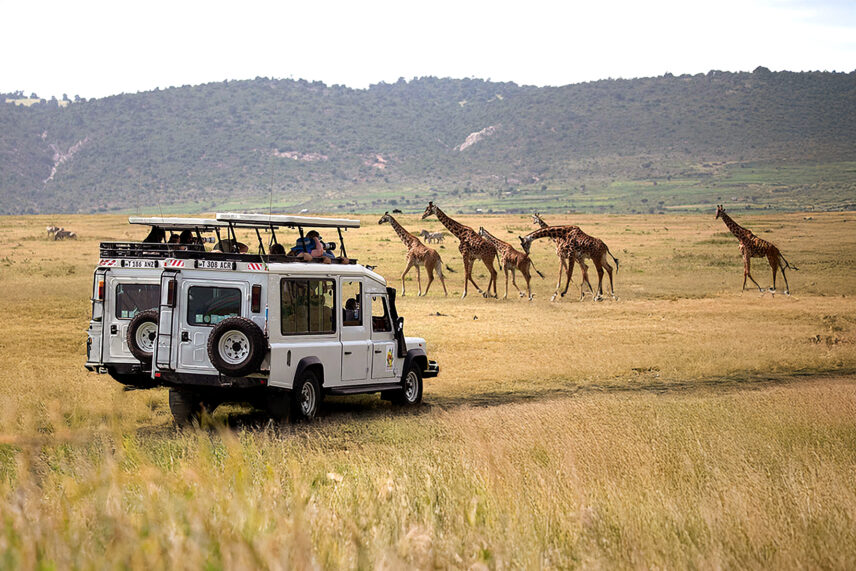
Mar 26, 2025
Advice from Tanzanian Staff: Insider Tips for a Perfect Trip
Guests can attest that Thomson brings the magic of Tanzania to life! The dedicated team in Boston, MA handles the logistics and planning while the expert crew on…
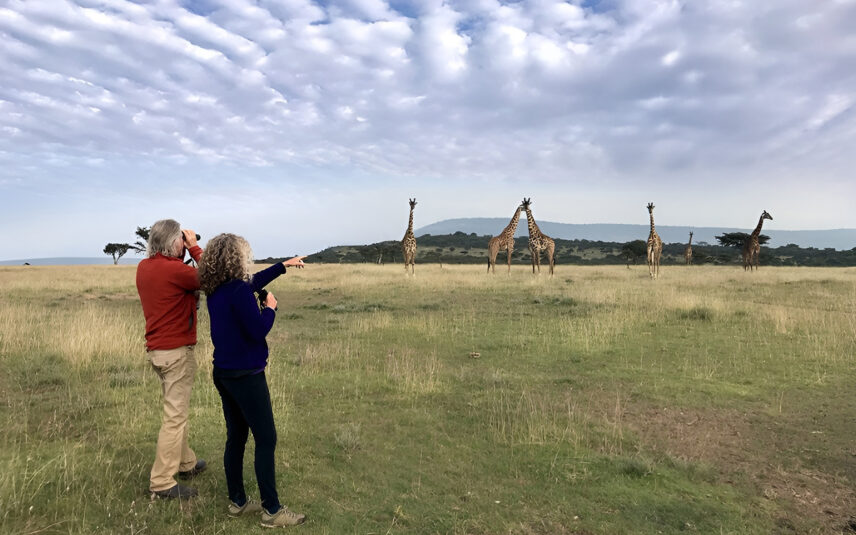
Jul 21, 2024
Over 40 Years of Sustainable Travel
From the beginning, our founders Rick Thomson and Judi Wineland believed that tourism should be a force for good. Eco-friendly practices and a commitment to bringing high-paying, stable jobs…
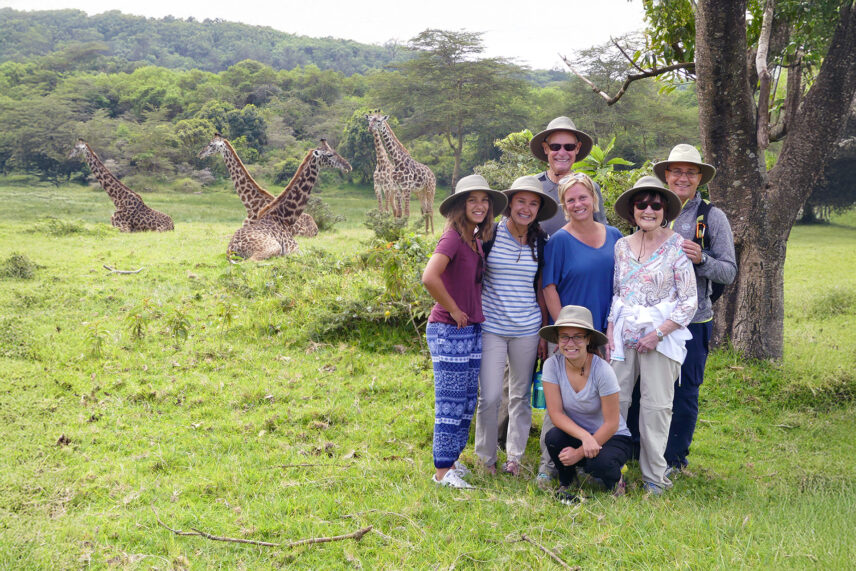
Jul 18, 2024
7 Reasons to Go on a Family Safari with Thomson
Safaris can be life-changing trips, but there are few experiences for kids that are more powerful. Imagine seeing the majesty of the Big 5 as a little one: that’s an…
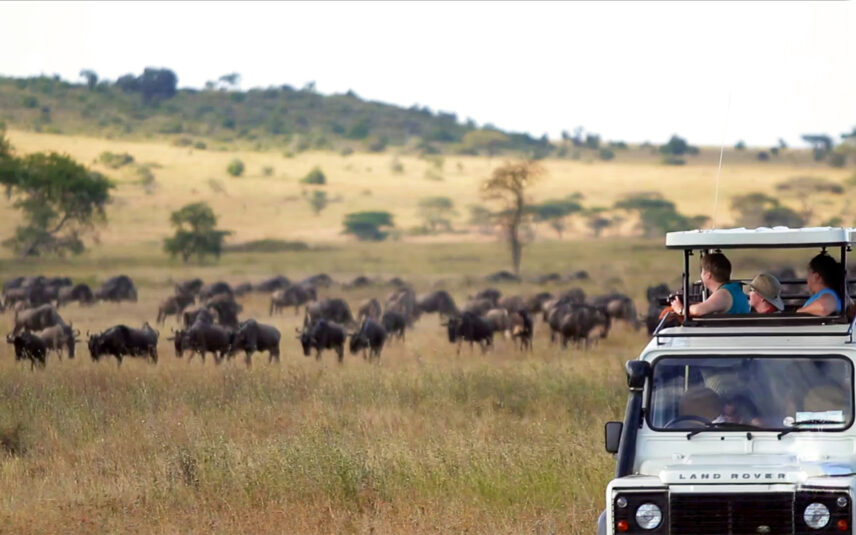
Jul 10, 2024
Travel + Leisure voted us a World’s Best Safari Outfitter for 2024!
We’re overjoyed to announce that Travel + Leisure readers have chosen us as one of the World’s Best Safari Outfitters for the eighth time! We’d like to thank every person who voted…
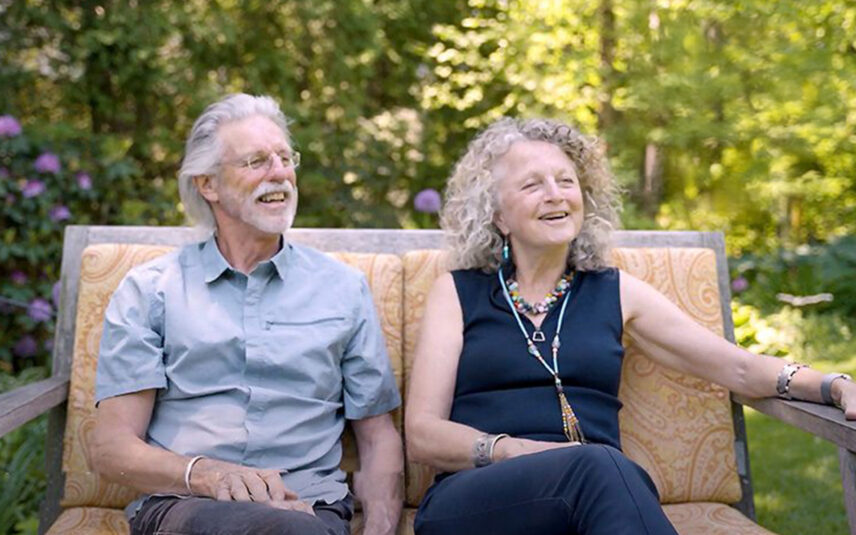
Jul 01, 2024
Thomson Co-Founders Reminisce on the Dawn of Adventure Travel
In celebration of Thomson’s fortieth anniversary, we sat down with Thomson co-founders Rick and Judi to hear stories from the early days of their careers, and how those formative…
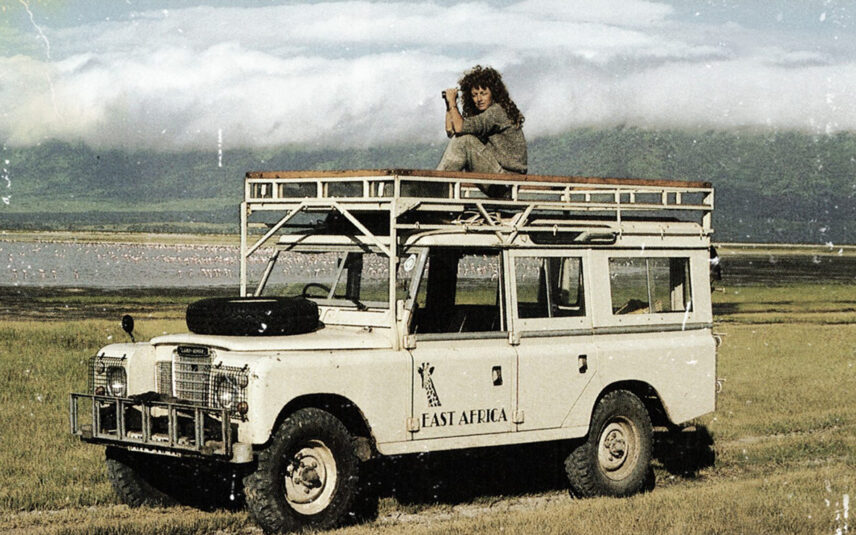
Jun 07, 2024
What was a Thomson Safari like 40 years ago?
Campfire meals, tiny A-frame tents and gargantuan trucks: these were the facts of life for visitors to Tanzania in the 1980s, when safari travel was in its infancy. Even though…
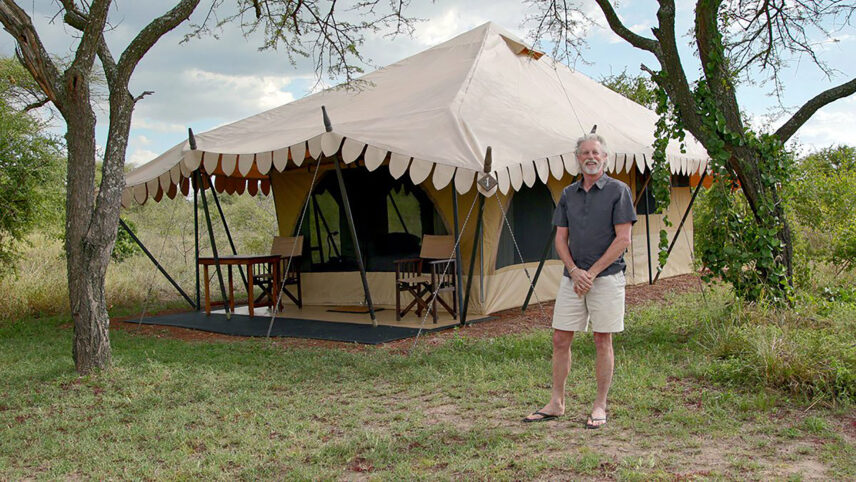
Apr 30, 2024
VIDEO: Go Behind the Scenes of a Nyumba Tent with Rick Thomson
After 40 years in the Tanzania bush, Rick Thomson, one of the co-founders of Thomson Safaris, developed the perfect safari camping experience: the Nyumba. These tents were designed…
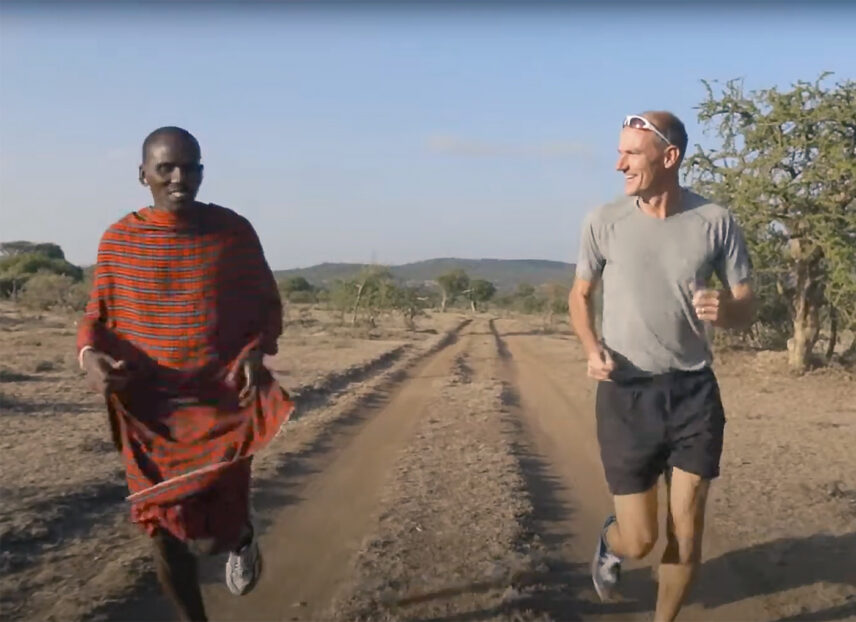
Apr 12, 2024
Go on a Run Through the Serengeti
Clear your head, stretch your legs and take off through the grass. We’re happy to accommodate running while you’re on safari. That’s why there’s someone at each of our camps…
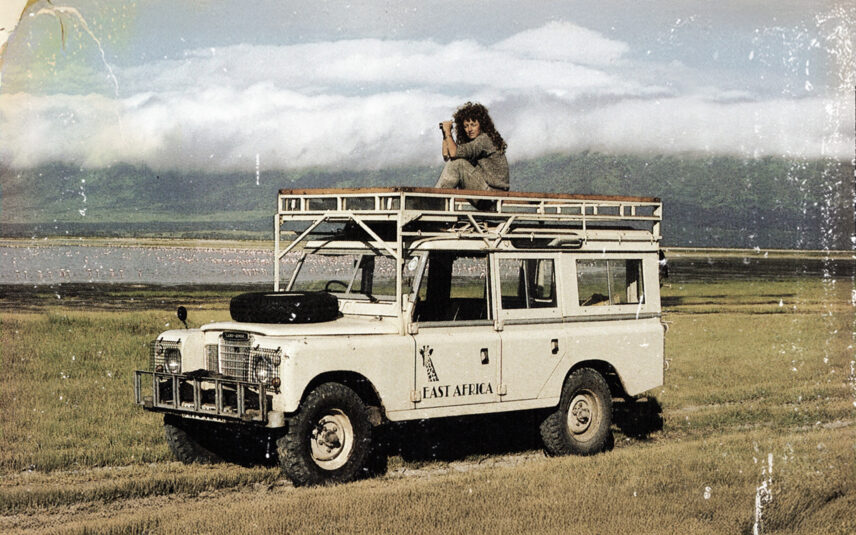
Mar 08, 2024
Celebrating Thomson’s Women Leaders for International Women’s Day
Happy International Women’s Day! Female leadership has been a pillar of Thomson Safaris’ success ever since Judi Wineland co-founded the company in 1981. Today, over 90% of leadership positions…
